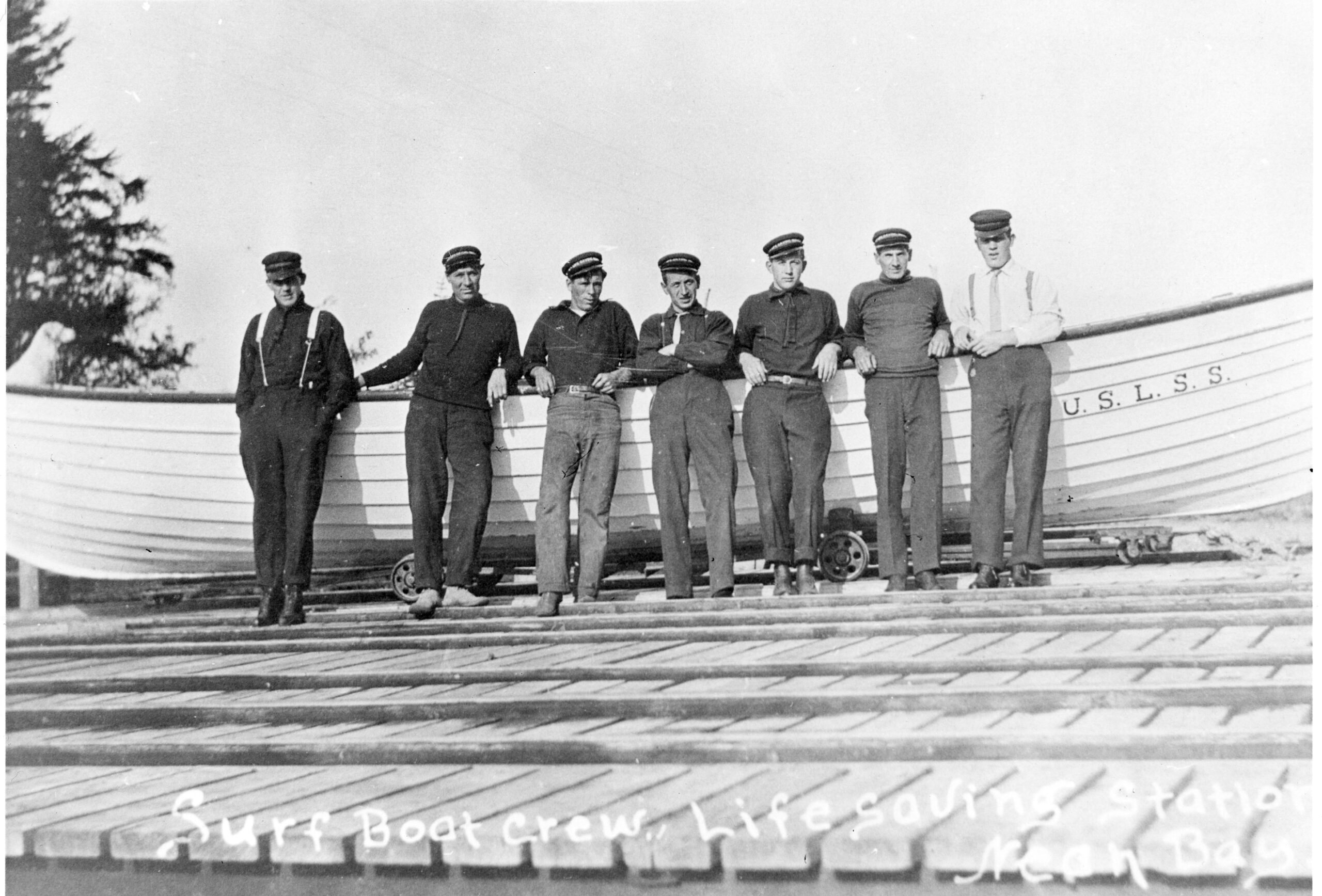-
“Written in Blood”: Maritime disasters that shaped the Coast Guard’s Marine Safety Mission
—Those familiar with Coast Guard history know that the service’s development has been shaped by the nation’s natural and man-made disasters. Many Coast Guard missions were written in blood. Nowhere is that clearer than the marine safety mission.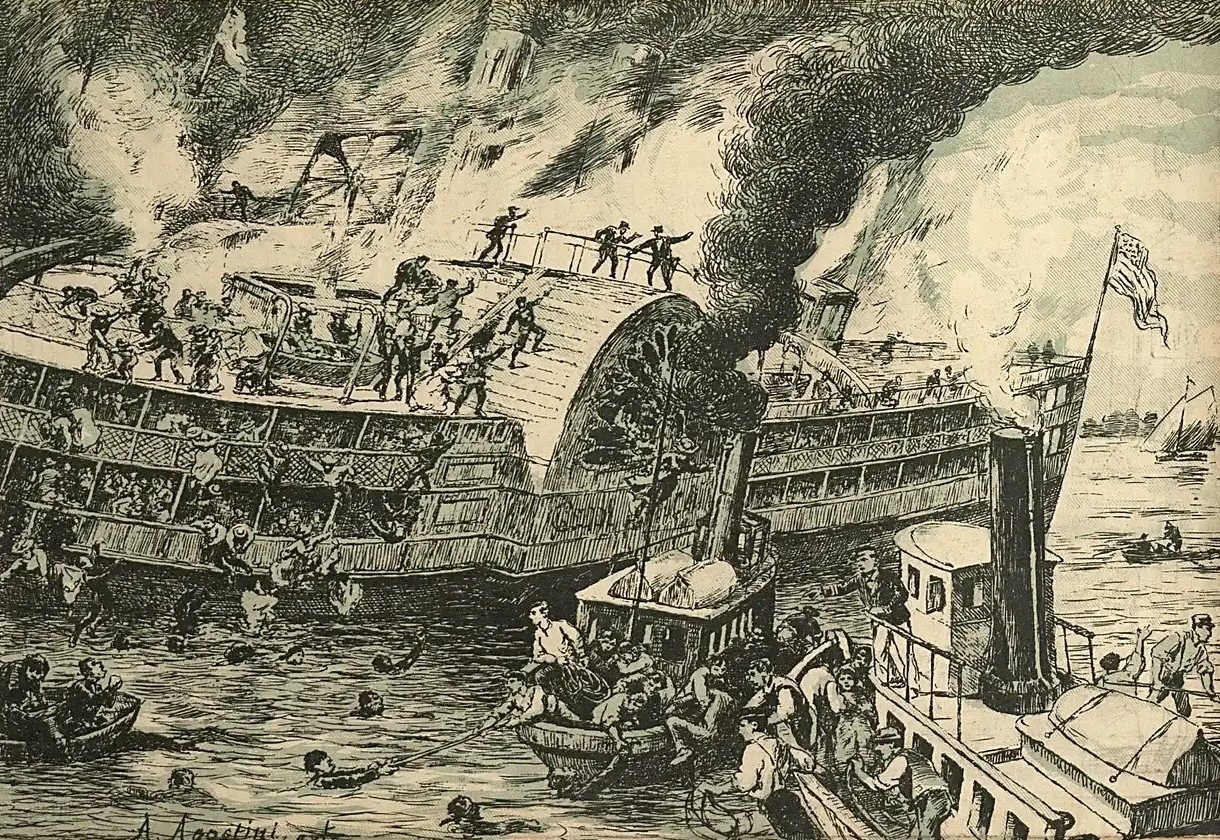
-
HITRON—25 Years of Hitting New Highs
—In the early “proof of concept” phase, HITRON MH-90 “Enforcer” helicopters stopped all five go-fasts they intercepted, arresting 17 drug traffickers and interdicting over 1.5 tons of cocaine and 5.5 tons of marijuana with an estimated street value of over $131 million. Success continued from there.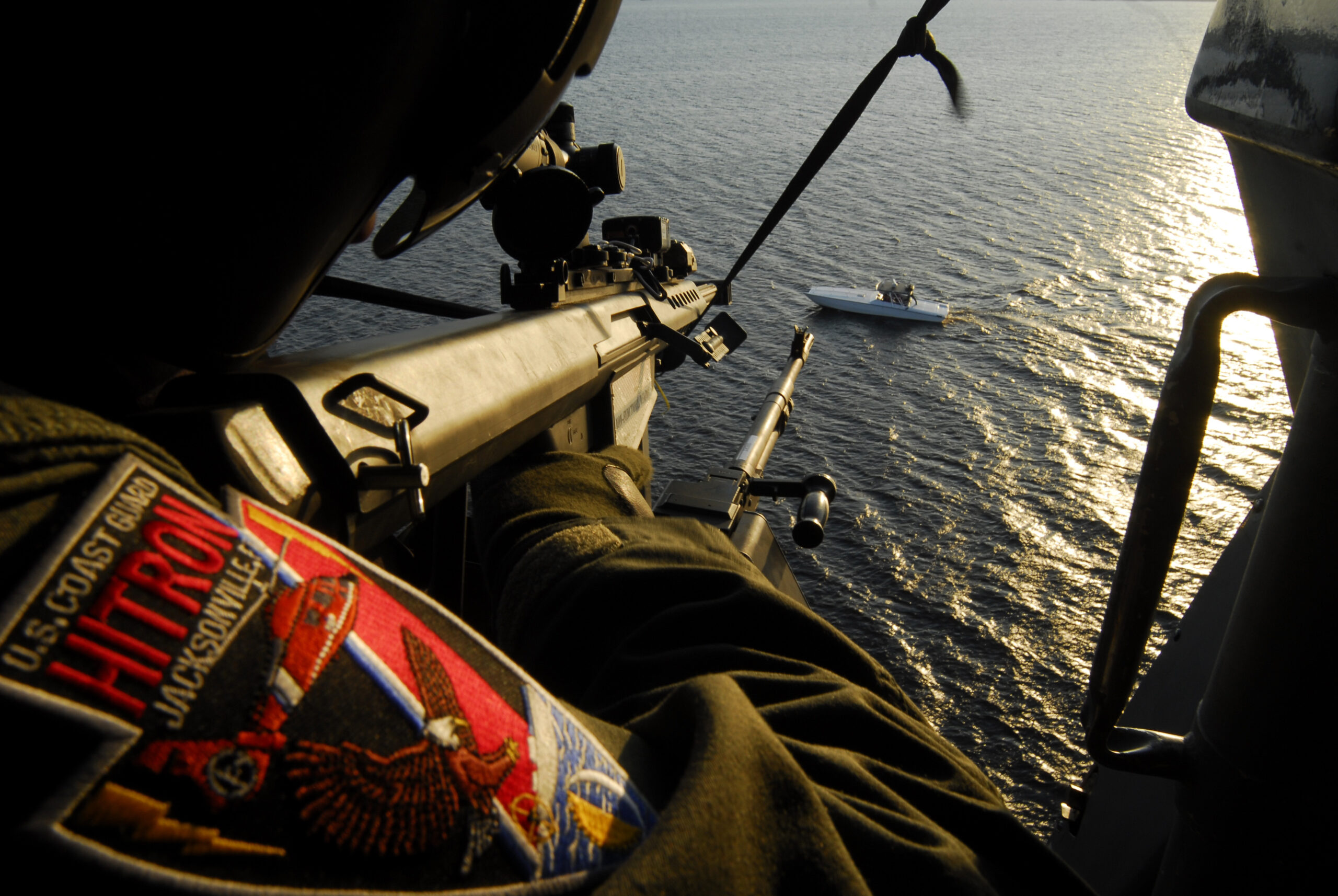
-
Ensign Duke and Seizure of Rum Runner Greypoint
—Drawing his pistol, Duke stalked toward the bridge. When one of the crew tried to block his access to the pilothouse, Duke immediately clubbed him to the deck.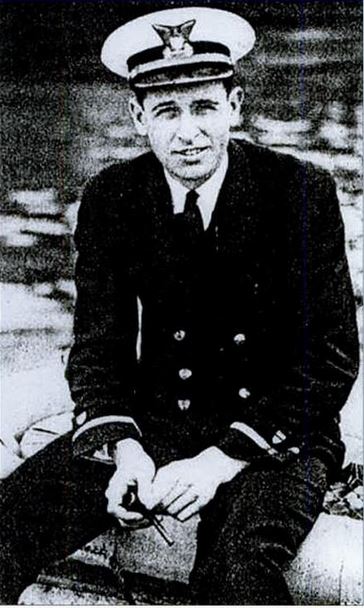
-
The infamous James Alderman and redemption of CG-249
—Almost all smugglers could be expected to try their hardest to outrun the Coast Guard, though if peaceably apprehended and given a small load and a first offense, smugglers could expect to get off easy, but Alderman was by no means a first-time offender.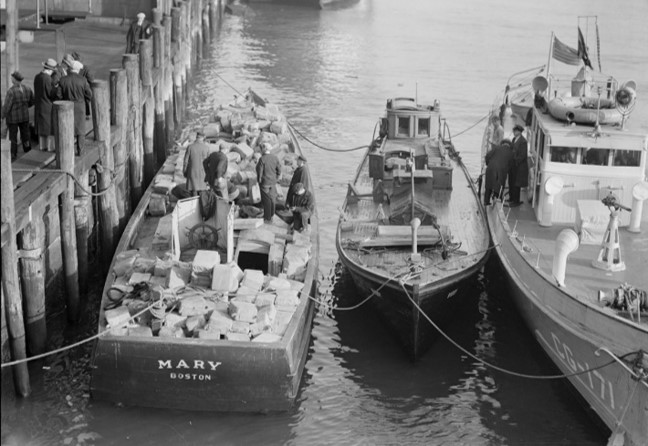
-
Dauntless and the origins of drug interdiction
—On the evening of March 8, 1973, Coast Guard cutter Dauntless made the Coast Guard’s first-ever seizure of a marijuana smuggler when it stopped the sport fisherman Big L at the western edge of the Bahamas.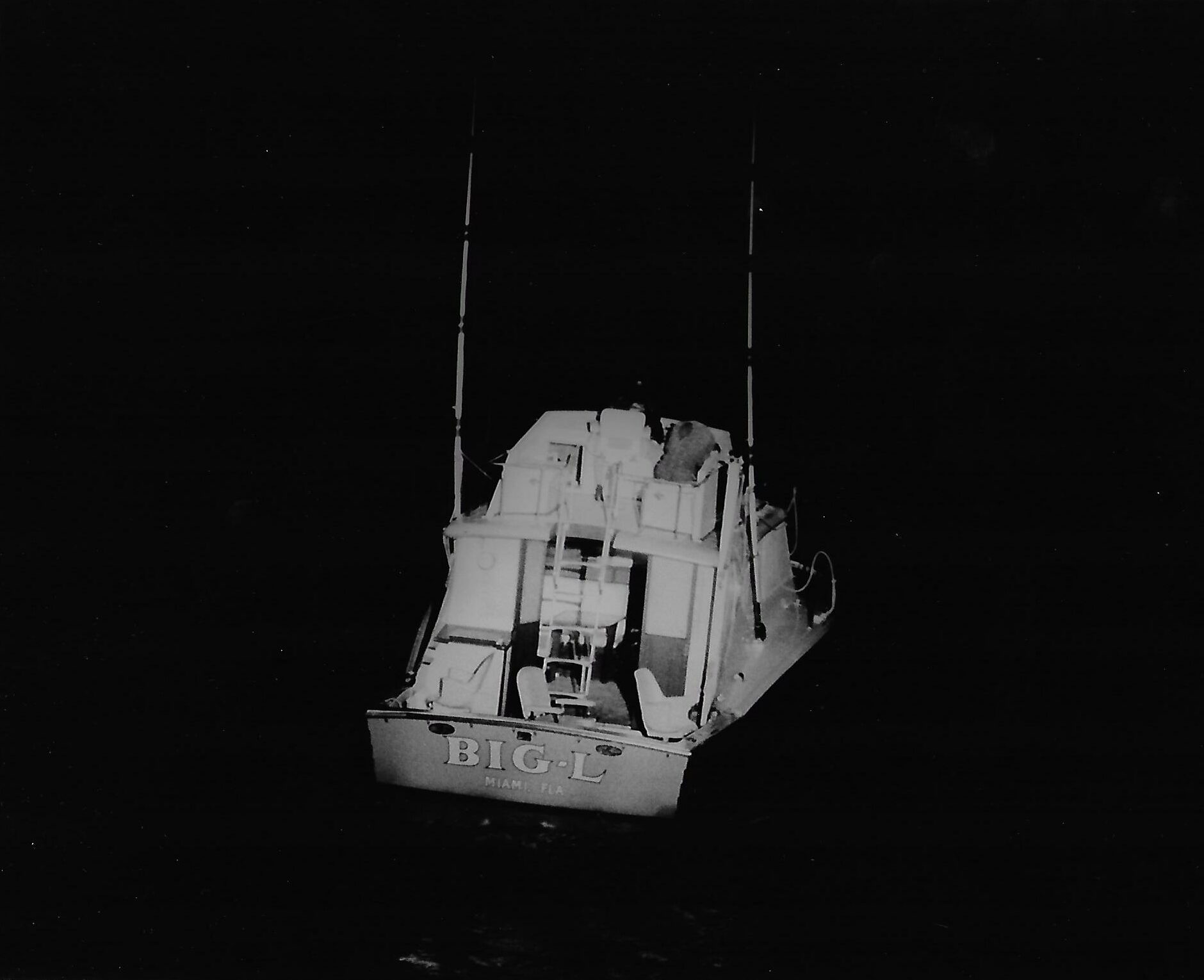
-
Enforcing the Law at Sea—Drug Interdiction since 1886! Pt. 2: The Rise of Marijuana and Cocaine
—Following a decades-long pause that began soon after the end of Prohibition, the Coast Guard was once again called upon to combat maritime drug smugglers in the early 1970s.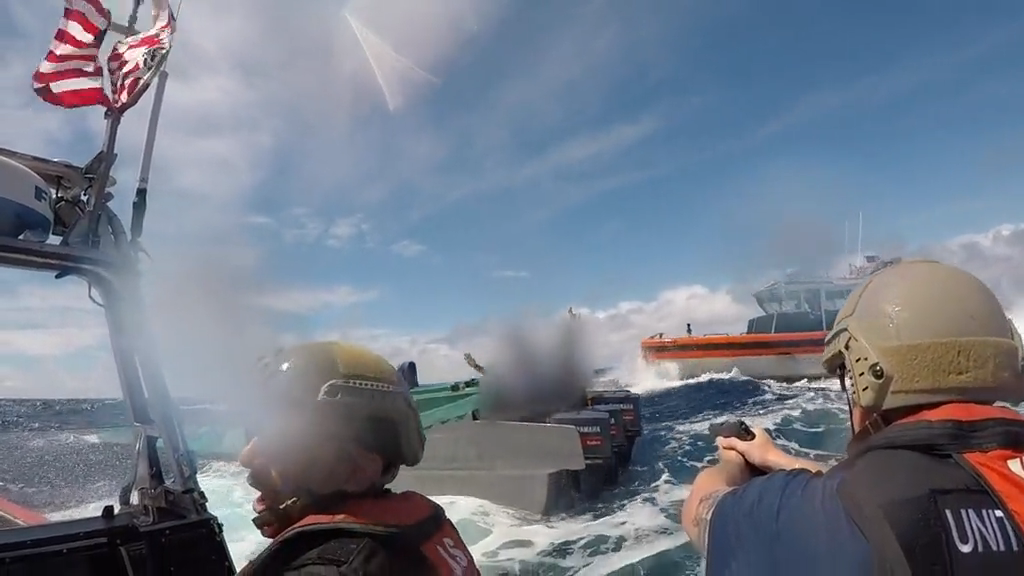
-
Enforcing the Law at Sea—Drug Interdiction since 1886! Pt. 1: The First 30 years
—With a seizure of opium near the entrance to San Francisco Bay in November 1886, cutters of the Revenue Marine Service began a fight against maritime drug smuggling that continues to this day.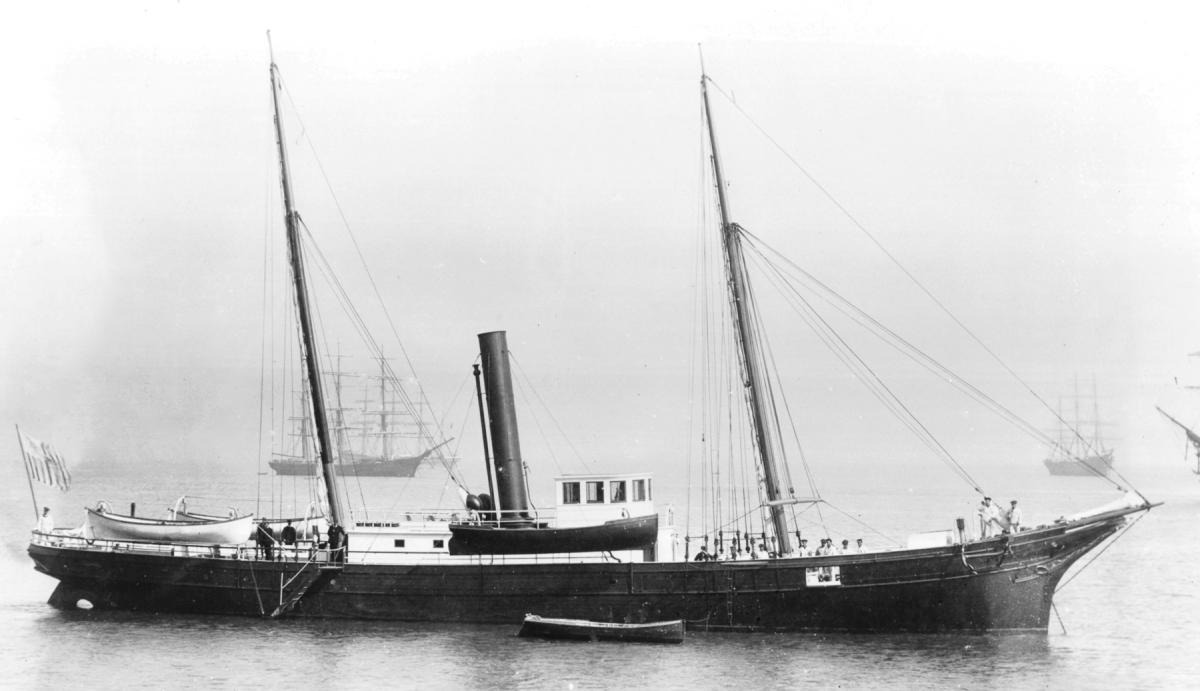
-
Hoyle’s Hell—Coast Guardsman masters the bloody beaches of the Pacific
—Not every American amphibious assault in the Pacific was a bloodbath. Some were executed with considerable strategic acumen and tactical guile. Eniwetok would be Hoyle’s finest and toughest hour as a Beachmaster.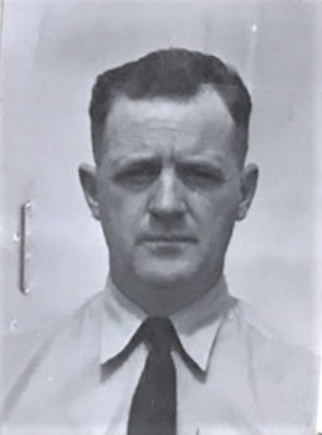
-
LEDETs—Over 40 years of law enforcement boarding missions
—Vessel boarding has been a time-honored skill set of the Coast Guard since its founding in 1790.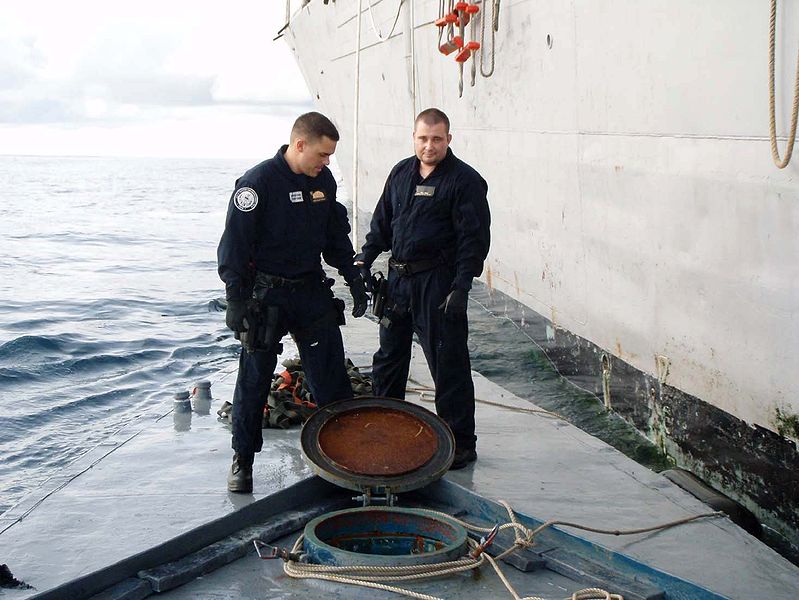
-
Native Americans in the Coast Guard—Semper Paratus since 1815
—Native Americans have been members of the Coast Guard and its predecessor services for well over 200 years.